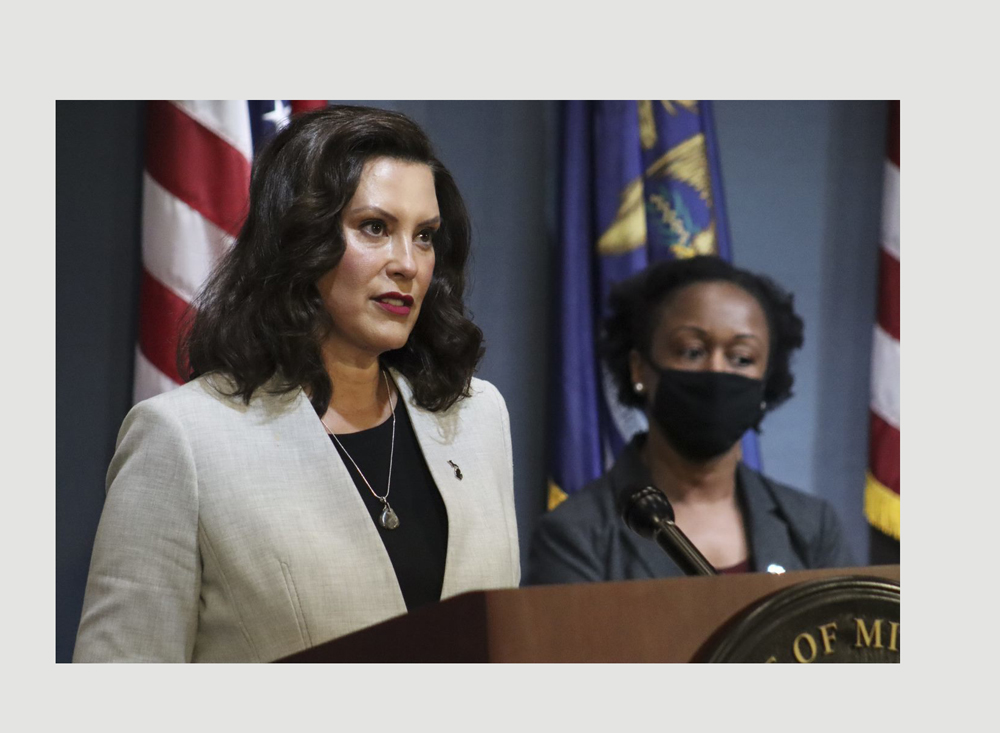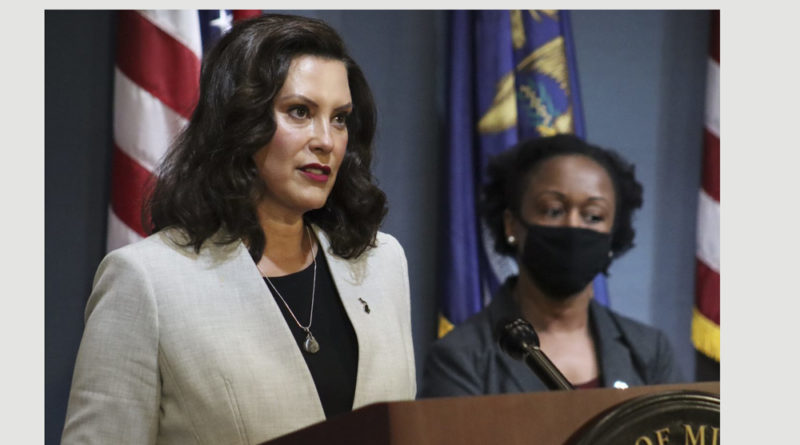Executive orders extend state of emergency; allow public bodies to meet remotely
Governor Whitmer today signed Executive Order 2020-127, which extends the state of emergency declaration related to the COVID-19 pandemic until July 16. In doing so, Governor Whitmer joins nearly every state in the country in maintaining a state of emergency to cope with the COVID-19 pandemic. This executive order will allow her to continue taking action to protect Michigan families and workers.
“The aggressive measures we took at the start of the COVID-19 pandemic have worked to flatten the curve, but there is still more to be done to prevent a second wave,” Governor Whitmer said. “We owe it to the heroes on the front lines to keep doing our part by wearing a mask when in public and practicing social distancing. Now is not the time to get complacent. We must continue to stay vigilant and flexible in order to reduce the chance of a second wave.”

With the reduction in COVID-19 case counts, Governor Whitmer has relaxed restrictions over the last several weeks on business activities and daily life. On June 1, she announced that most of the state would move to Phase 4 of the governor’s Start plan, allowing retailers and restaurants to resume operations. Hair salons and other personal care services followed two weeks later. And on June 10, the Upper Peninsula and the region surrounding Traverse City were moved to Phase 5 allowing for the reopening of movie theaters, gyms and bowling alleys. If current trends continue the rest of the state will be moved to Phase 5 by July 4.
Public bodies may meet remotely
Governor Whitmer signed Executive Order 2020-129 June 18, which extends a previous Executive Order allowing public bodies to conduct public meetings remotely during the ongoing COVID-19 pandemic. Executive Order 2020-129 expires on July 31, 2020.
“As we continue our efforts to flatten the curve and prevent a second wave of COVID-19, it’s important for public bodies to be able to continue holding meetings and the public to participate in those meetings,” Governor Whitmer said. “By allowing for remote meetings, public bodies and residents can continue practicing safe social distancing while also ensuring meetings remain open, accessible and transparent to the public.”
Public bodies must meet the following criteria when holding a public meeting remotely:
- Ensure two-way communication for members and the public to hear and address each other when speaking.
- Provide adequate notice to the public of the meeting.
- Post a public meeting notice on their website.
- Permit participants to record or broadcast the public meeting.
- Allow participants to address the public body during a public comment period.
The order also temporarily authorizes public bodies, departments and agencies to use technology to enable remote participation in public comment and hearings, and temporarily excuses school boards from monthly meeting requirements.

